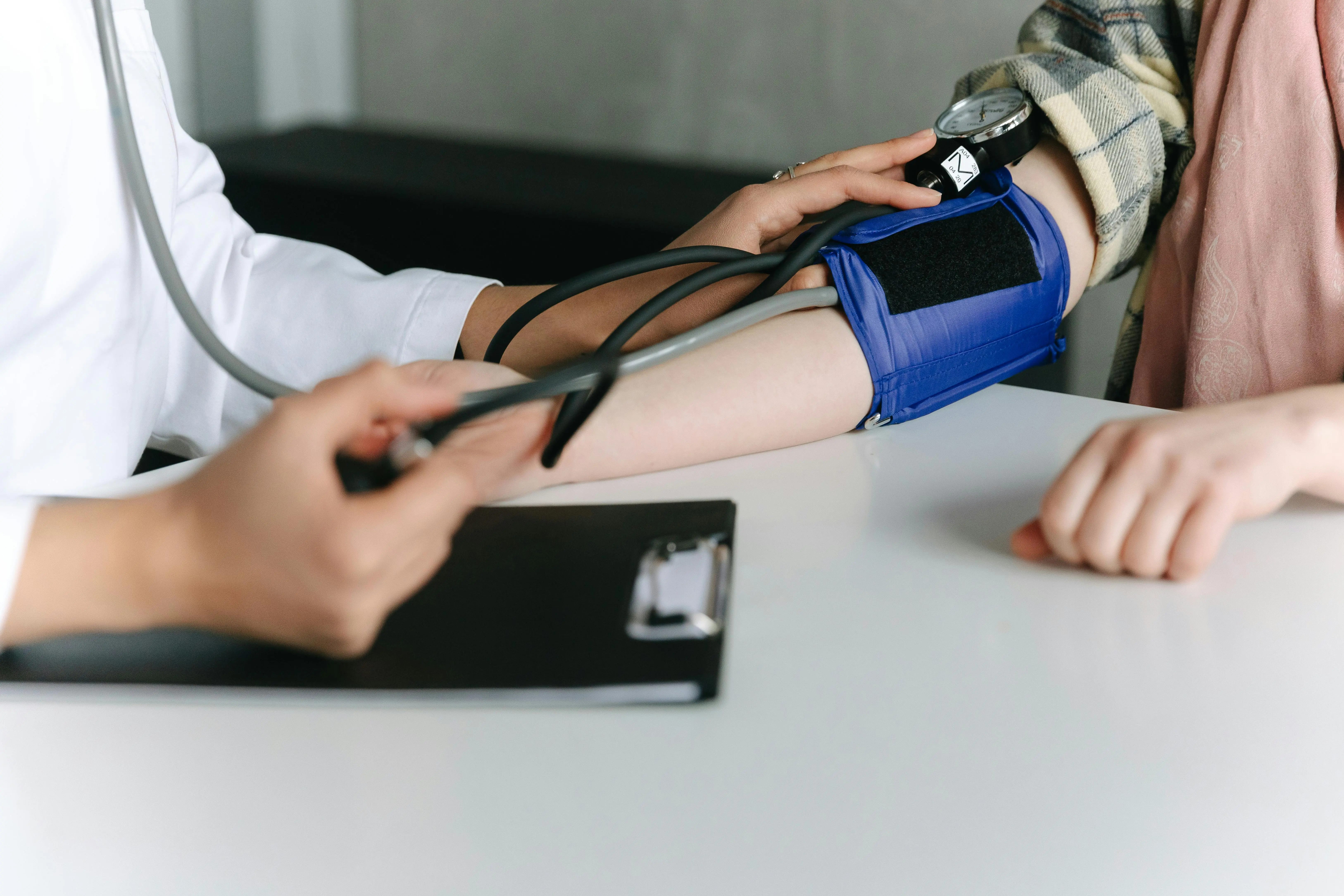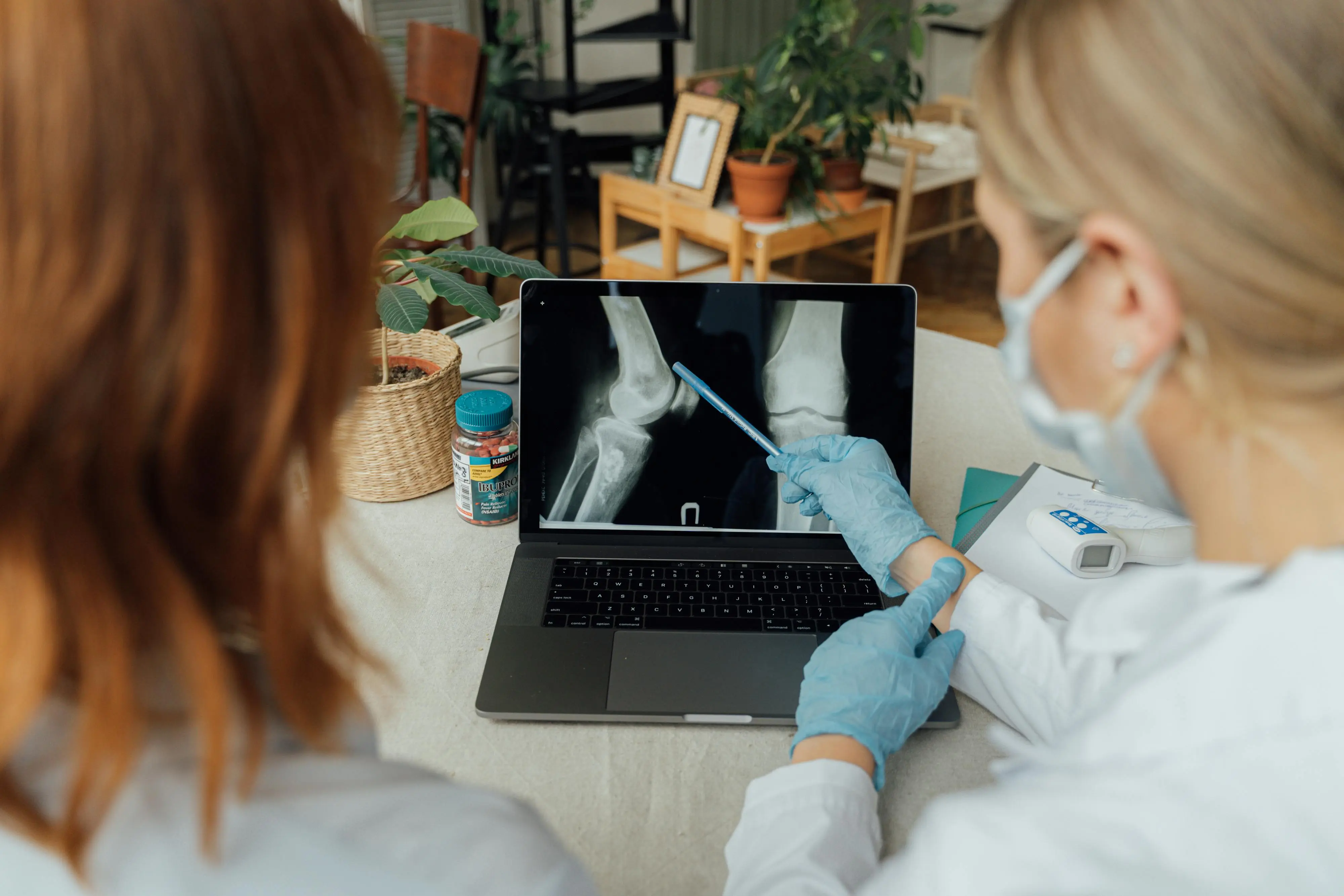Common Treatments for OCD
July 16, 2025

Disclaimer: Human Health is not recommending any specific medical treatment for any particular symptom, nor providing any other medical advice. Always seek the advice of your doctor regarding any medical concern.
Obsessive-compulsive disorder (OCD) is a condition that affects the brain, and impacts thoughts and behavior. It is characterized by repetitive and persistent thoughts, often accompanied by repetitive behaviors the individual feels compelled to perform in order to relieve the obsessive thoughts.
If you’ve noticed repetitive thoughts or rituals that feel difficult to control, the Obsessive-Compulsive Disorder (OCD) Quiz can help you reflect on your experiences and see whether your symptoms align with common OCD patterns - providing useful context for conversations with a mental health professional.
There are many approaches to the treatment of OCD. These may include medications, therapies, and devices. This post will explore interventions that have been approved or widely researched for the management of OCD.
For those managing OCD, our OCD App offers a structured and supportive way to monitor symptoms.
Therapies
The standard of care for initial treatment of OCD in adults, adolescents, and children is cognitive behavioral therapy (CBT). This mode of treatment involves intervention from a trained therapist, who will use a variety of techniques to help patients identify and learn how to overcome their obsessive thoughts and compulsive behaviors.
In particular, a technique called exposure and response prevention (ERP) is used to manage OCD symptoms. ERP involves exposing the patient to a situation (either real or imagined) that may incite thoughts related to their obsessions, and subsequently encourage avoidance of performing compulsive behaviors.
When the patient’s fears, or the root of their obsessive thoughts, do not come true after abstaining from compulsions, it may help them to realise that their obsessive thoughts are not based in reality. Whilst ERP does not stop the obsessive thoughts from happening, it can provide patients with the tools to manage the extent to which their obsessive thoughts affect their emotional responses and behavior.
Medications
For patients who respond partially or not at all to CBT/ERP, or for those with severe symptoms or additional health conditions, clinicians may consider pharmacotherapy.
Selective Serotonin Reuptake Inhibitors (SSRIs)
The first-line medicinal treatment for OCD in adults is the use of selective serotonin reuptake inhibitors, also known as SSRIs. They work by increasing the levels of serotonin in the brain. Serotonin is a hormone that can transmit messages between cells in the brain, and is involved in regulating processes like fear, mood, behavior, and perception.
SSRIs were first approved to treat OCD in 1994. They are usually taken as an oral tablet.
There are many different kinds of SSRIs, but those approved by the FDA for use in adult patients with OCD include:
- luvoxamine (Luvox®)
- fluoxetine (Prozac®)
- sertraline (Zoloft®)
- paroxetine (Paxil®)
Clinicians may prescribe some other SSRIs for the treatment of OCD that have not been approved by the FDA if there is sufficient research and evidence to conclude that the treatment may be effective for a certain patient with the condition.
SSRIs can be used to treat OCD in children, but the medication is often given at a lower dose than in adult patients, and may be recommended after trialing CBT.
Clomipramine
Clomipramine is a type of medication called a tri-cyclic antidepressant (TCA). It works in a similar way to SSRIs, increasing the available amount of serotonin in the brain. It was first approved to treat OCD in 1989. It is available as an oral tablet.
Clomipramine was the first pharmacological treatment for management of OCD. However, once it became clear that SSRIs may have a more favorable side effect profile, they became the recommended initial treatment for OCD.
Patients who respond partially or do not respond to SSRIs may be prescribed clomipramine. TCAs may be prescribed as a standalone medicinal intervention, or additional to an SSRI and/or CBT/ERP.
Venlafaxine
Venlafaxine is a selective serotonin and norepinephrine reuptake inhibitor (SNRI). It increases the available amounts of serotonin in the brain, as well as another hormone called norepinephrine. Norepinephrine is involved in regulating processes including regulating stress, alertness, and attention.
It is taken as an oral tablet. Although not FDA approved for use in OCD, it may be prescribed as an alternative to clomipramine as it may have fewer or less severe side effects.
Antipsychotics
Antipsychotics are medications that treat symptoms of psychosis, such as delusions and hallucinations. Because some of the cognitive processes behind OCD obsessions may not be rooted in reality, there are some research and clinical trials that suggest that antipsychotics may be effective in the treatment of OCD.
Antipsychotics may be prescribed for the management of OCD when a patient has trialled and failed to achieve adequate management of symptoms with CBT/ERP, and other pharmacotherapies such as SSRIs and clomipramine/venlafaxine. Antipsychotics are usually taken in conjunction with an SSRI.
Clinical trial results are inconclusive as to the long-term benefits of antipsychotic use for the management of OCD. Antipsychotics may also cause considerable side effects. As such, antispychotics are usually prescribed in complex cases and for short-term management.
Devices
Deep Brain Stimulation (DBS)
Deep brain stimulation (DBS) involves surgically inserting a device that sends electrical impulses to the brain. Electrodes are implanted in the specific parts of the brain which may be causing the symptoms of OCD, and they deliver pulses of electricity at a particular intensity, frequency, and strength determined by the treating clinician.
DBS is only approved by the FDA for treatment of very severe cases of OCD that do not respond to other forms of treatment.
It’s not clear how exactly deep brain stimulation works to treat OCD, but one hypothesis is that the electrical stimulation overrides hyperactivity in certain parts of the brain that may be involved in producing OCD symptoms.
How do I know if my OCD treatment is working?
It can be hard to keep track of your symptoms, and how they’re changing as you try different treatments and management techniques. Using a health tracker might help you stay on top of changes to your treatment plan and how they affect your symptoms.
Human Health is a free app you can use to track how much your symptoms are impacting you, and how they change over time. You can also log all of your treatments, including medications, supplements, therapies, devices, and lifestyle changes. The app will even send you notifications to help you remember when your treatments are due.
Using a health tracker could save you time in appointments and improve communication with your healthcare team, by providing you with a comprehensive overview of your symptoms and treatments so that you can make more informed decisions about your health.
Click here to download Human Health.
We hope you found this article useful. If you know someone who could benefit from this information, please share this post with them. We’d love for our resources to reach those who need them.
Resources
- Sanjaya Saxena, MD, DFAPA, FACNP. UpToDate. Management of obsessive-compulsive disorder in adults.
- David Rosenberg, MD. UpToDate. Obsessive-compulsive disorder in children and adolescents: Treatment overview.
- Damiaan Denys, MD, PhD, Pelle P de Koning, MD. UpToDate. Deep brain stimulation for treatment of obsessive-compulsive disorder.
This is a div block with a Webflow interaction that will be triggered when the heading is in the view.










.jpg)





.png)

